While I admit to being a kitchen knife collector on a large scale, these 7 are what I reach for most often.
I collect kitchen knives. Collect might not even be a strong enough word. I hoard them. Big, small, production or custom, I rarely see a kitchen knife I don't want. But that doesn't mean I don't have a few favorites that I reach for most often.
If you spend much time in the kitchen, you will need at least one of each of these seven styles of knives at some point. Find the best quality blade in your price point, pick it up, see if the grip fits your hand well, and buy it if it does. Keep them sharp and stored on a magnet strip, in a roll, or in a block. Never pile your good knives loose in a kitchen drawer. It leads to dull edges, knicked blades and handles, and can cause a nasty cut if you aren't paying attention when you reach to grab one. Hand wash and dry your knives as soon as you finish using them. Never run them through a dishwasher or leave them soaking in a sink full of water.
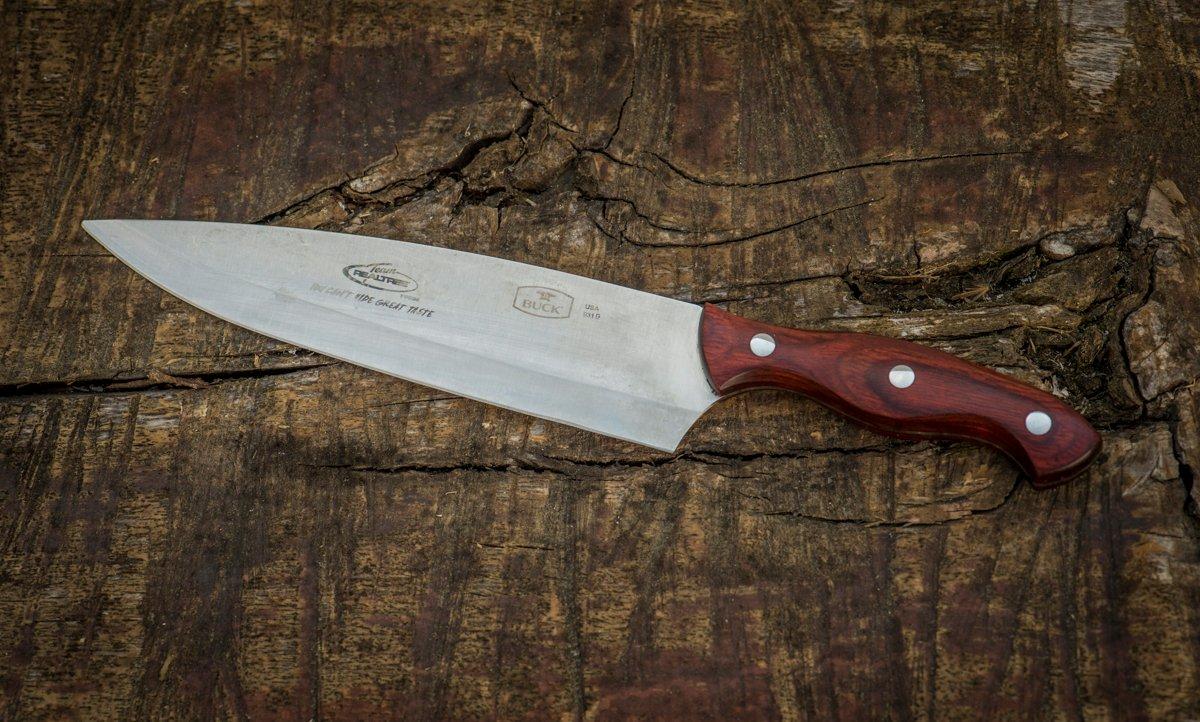
One of the most often used tools in the kitchen, a chef's knife can slice meat, chop fruits and vegetables, or finely dice herbs. I like a chef's knife with a 6-inch or 8-inch blade, good balance, and a comfortable handle, since I tend to use them for longer periods of time. This model comes from the Buck Cutlery line and sees use on a regular basis. Don't overlook some of the custom knife makers out there turning out some quality blades. My current favorite came from Chris Smith and Son's Custom Knives in Harrodsburg, Kentucky, (you can find them on Facebook). It's razor-sharp and features a lightweight handle and carbon steel blade. It feels like a feather in hand, but is plenty strong for anything in the kitchen.
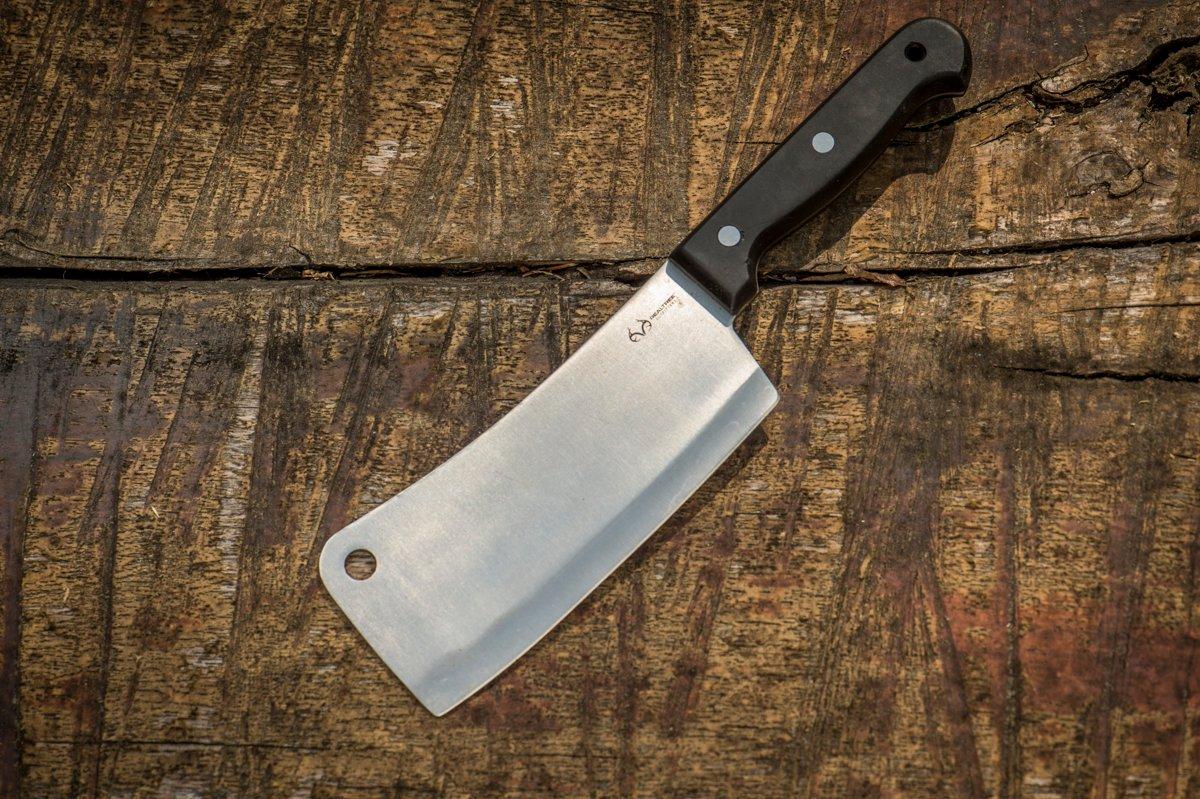
A good heavy cleaver will chop BBQ, split bones and cut through just about anything. I actually keep two on hand. This heavy Realtree Outfitters model is the one I use for heavy-duty chopping. The second is a lighter weight, Chinese-style cleaver with a thin blade that I often use in place of a chef's knife for finer chopping.
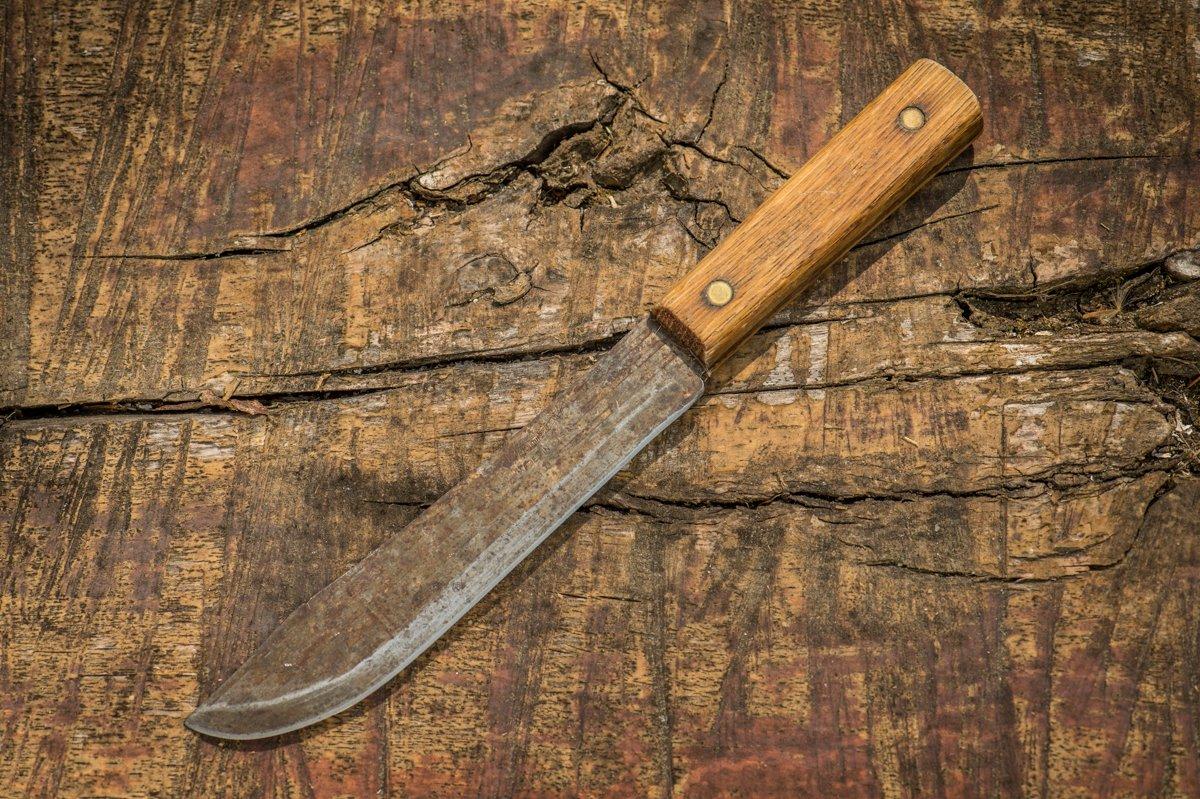
The butcher knife got its name for a reason. If you are breaking down a game animal into edible portions, this knife will be your friend. Heavy enough to do some light chopping, but light enough to use to bone or break down a quarter, this Old Hickory model is hard to beat.
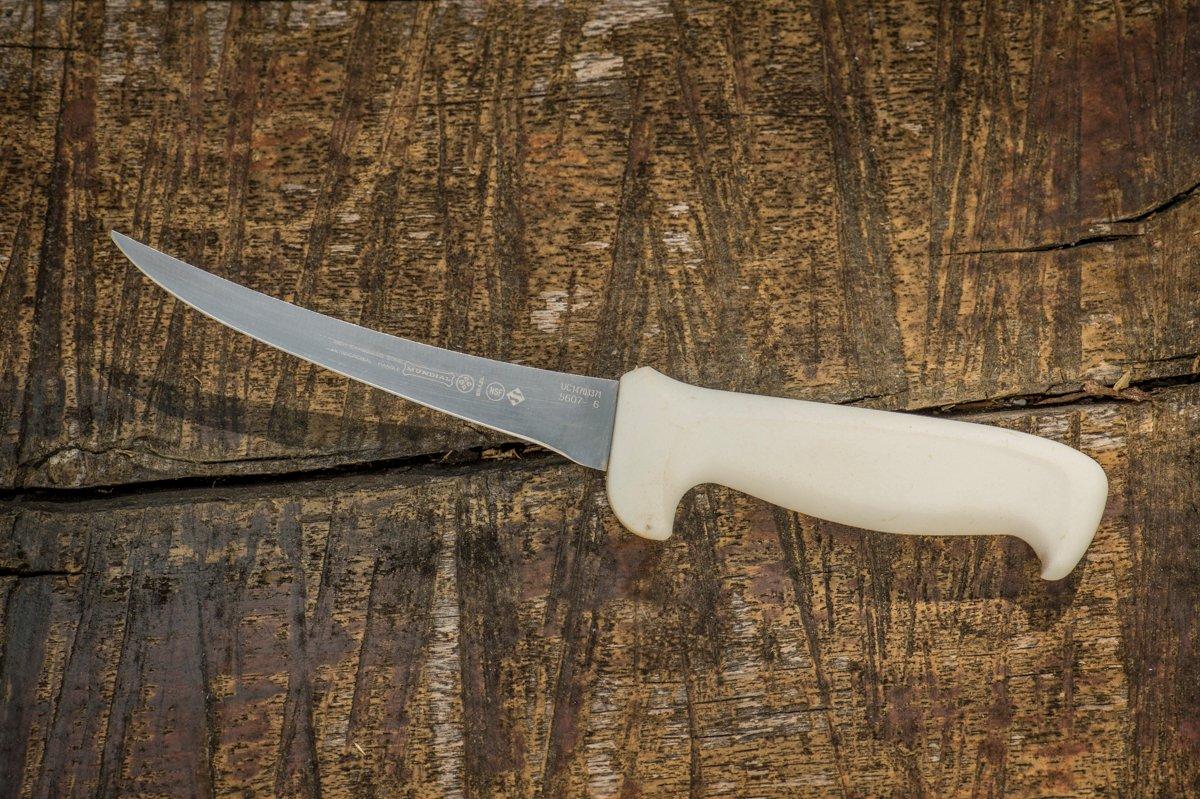
Every butcher station should own at least three of these boning knives. The flexible, slightly swept back blade design is perfect for, as the name suggests, boning an animal. But they do so much more than that. Slice steaks from a roast, break down a quarter into roasts, slice the silverskin from a backstrap, this blade is perfect. And they are inexpensive. Check out models from Dexter-Russel or Victorinox. They can usually be found for under $20, sometimes way under. Look around the next time you are at your local deer processor. I bet you see a ton of these hanging around.
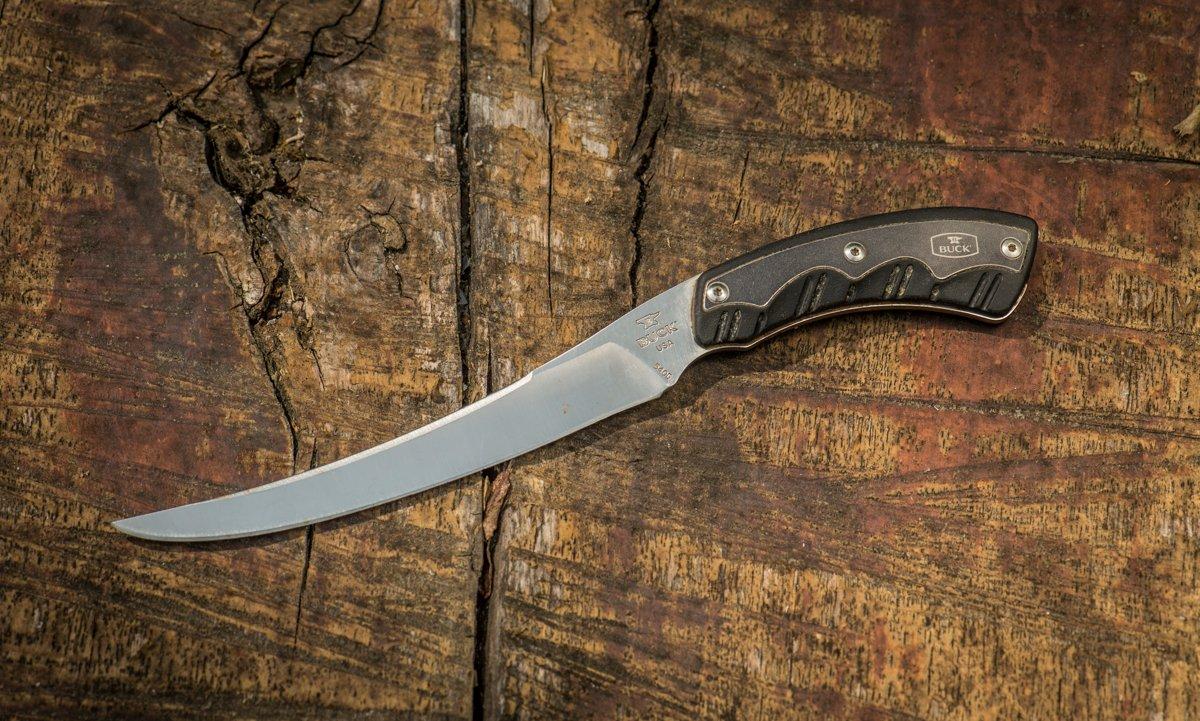
Every fisherman or woman knows about a fillet knife. Chances are good there might be a few floating around in your tackle bag or boat right now. But they aren't just for skinning fish. This model from Buck Knives sees regular use in the kitchen for boning large cuts, slicing thick steaks into thinner sections for frying, and just general all-around use. Look for a model with a flexible blade and an easy-to-grip handle.
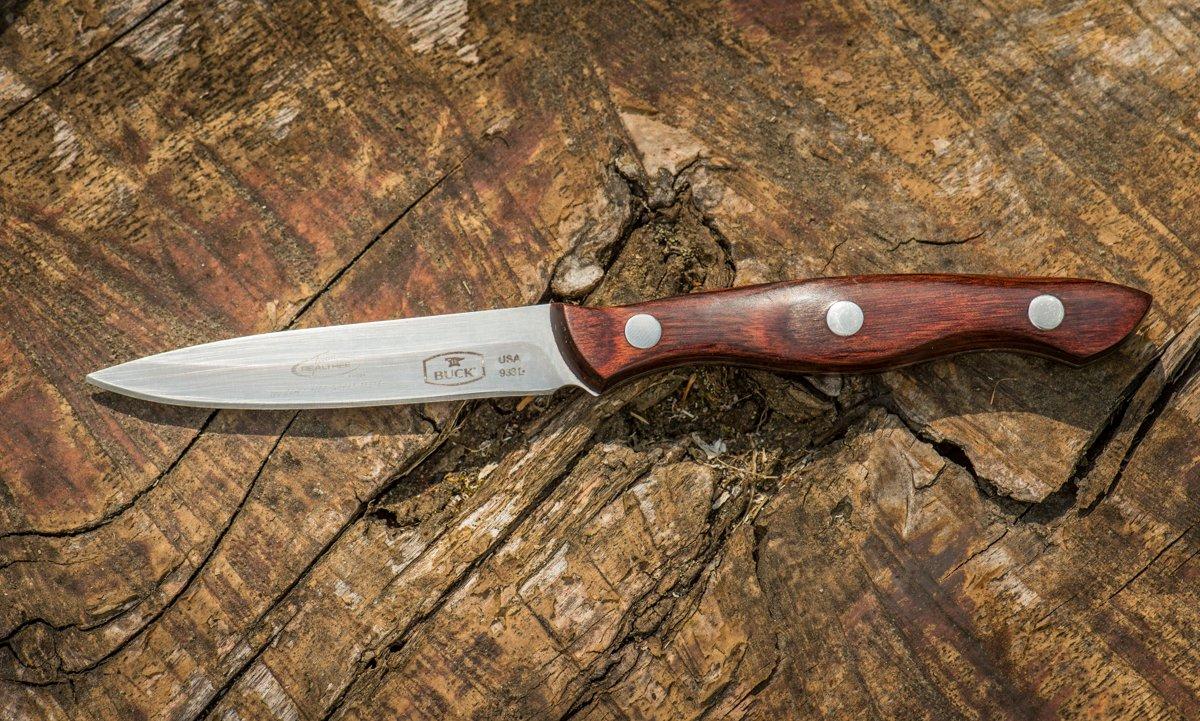
Ever spend much time peeling apples from a pie or peeling a large bag of potatoes to feed a deer camp? If you have, you'll appreciate a good paring knife. Look for one that fits your hand well, it will probably spend a lot of time in it. This model comes from the Buck Cutlery Line.
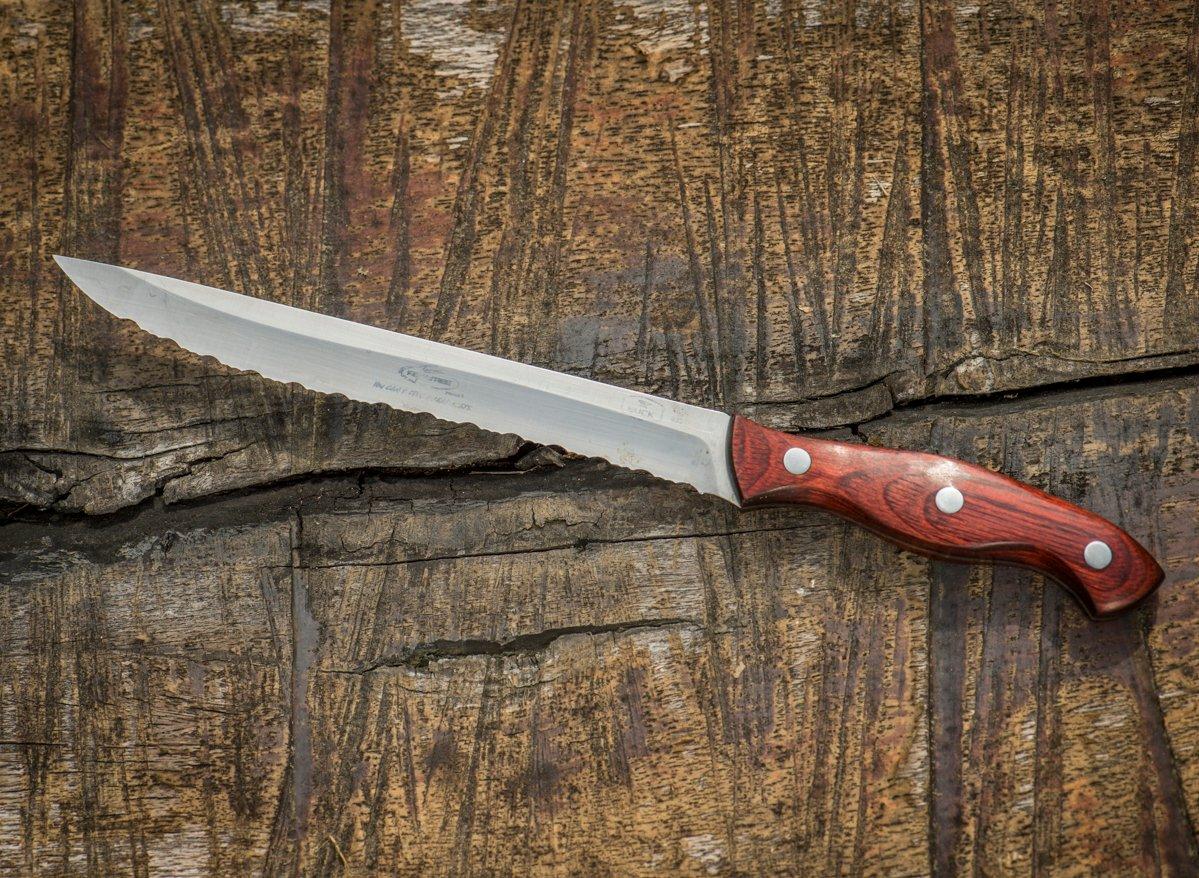
Of course the serrated slicer comes in handy for thin slices of venison roast or smoked turkey breast, but we also use ours on freshly baked bread or really ripe garden tomatoes. The serrations help the knife to slice through without smasing really soft items. This model comes from the Buck Cutlery Line.






